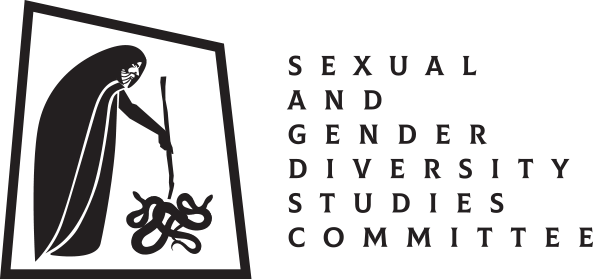
Background
Like all other forms of thought, psychoanalytic thinking and theory building run the risk of being subject to - sometimes constricted and distorted by - the cultural attitudes, forces, beliefs, preconceptions, perceptions, misperceptions and prejudices of the time and place in which they occur. In our own culture and time, there have been and continue to be challenges to and radical changes in our attitudes towards and understanding of sexuality, sexual object choice and gender. What were once generally assumed to be 'absolute' categories -straight/gay; male/female - predominantly or wholly determined by biology have given way to a more complex, enigmatic, multi-determined understanding.
In recent years, our field has had to learn a painful and difficult lesson as we have struggled with the question of whether or not homosexuality was always and only a pathological condition and/or perversion. This has been ironic, because it was something that a careful and less culturally determined reading of Freud could have taught us and regrettable because of the confusion and distress that such a reading may have spared several generations of patients. Psychoanalysts must carefully consider the origins and determinants of our assumptions and beliefs and remain mindful that beliefs are not necessarily facts. They may be subject to all kinds of forces, conscious and unconscious, that may unwittingly shape their ultimate content.
The subject of sexual and gender diversity, then, will not only include categories of development, experience and expression that are beyond the binaries of male/female, gay/straight, but will also consider the development and trajectories of what were once seen as ' normative' modes - heterosexuality, and the 'simple' categories of male and female.
Given the current cultural climate of upheaval, turmoil, uncertainty and attitudinal change, it is incumbent upon psychoanalysis to try to consider and think through what we know and what we believe about the origins, development and expression of sexuality, gender and sexual object choice, in both human development and the clinical situation.
Mandate
The Committee will have an exploratory/investigative/contemplative goal, rather than a political agenda. It will:
- seek to investigate, explore and consider rather than demonstrate or justify any preconceived or predetermined positions. Its mission will be to create a place within organized psychoanalysis in which the many questions and complexities that surround sexual and gender diversity can be studied and considered.
- present the results of its deliberations to the IPA membership at Congresses and in various publications, seminars, supervisions and other educational settings in an attempt to challenge, educate and stimulate further thinking in these important areas.
- develop a biannual award, which will be presented at IPA Congresses, to foster membership participation in the creation of knowledge within the intersection of psychoanalysis and sexual and gender diversity
Ways of working and reporting
The IPA Sexual and Gender Diversity Studies Committee will be expected to do most of its work electronically, using Skype, GoToMeeting, or other free-to-use communication systems. The Committee will have access to the web and email support services offered by the IPA staff.
Any face-to-face meetings should take place, so far as possible, adjacent to IPA or regional congresses. The Committee, like all IPA committees, will be expected to be self-supporting for secretarial and other purposes.
The Chair of the Committee will provide a written report to the Board at least annually.
Terms
The members of the Committee will be appointed in the usual way, by the President of the IPA and with the consent of the Board of Representatives.
Composition
The IPA Sexual and Gender Diversity Studies Committee will consist of a Chair, three co-Chairs (one from each region), six members (two from each region), 3 IPSO members (one from each region), and three Consultants (one from each region). Consultants will not be funded to attend in-person meetings.
Budget
The Committee will propose a budget during the annual IPA budget cycle.
Board approved January 2017
|